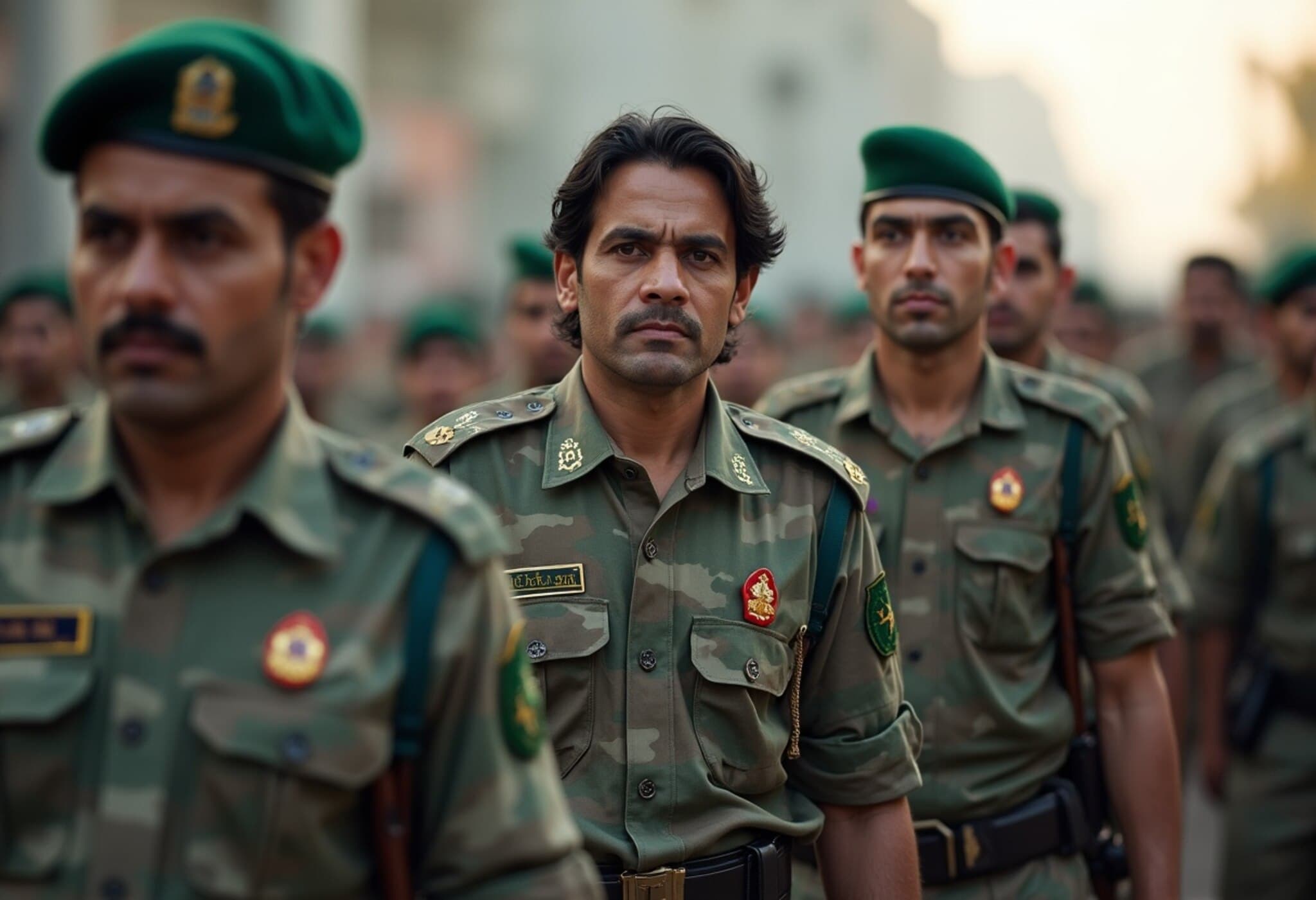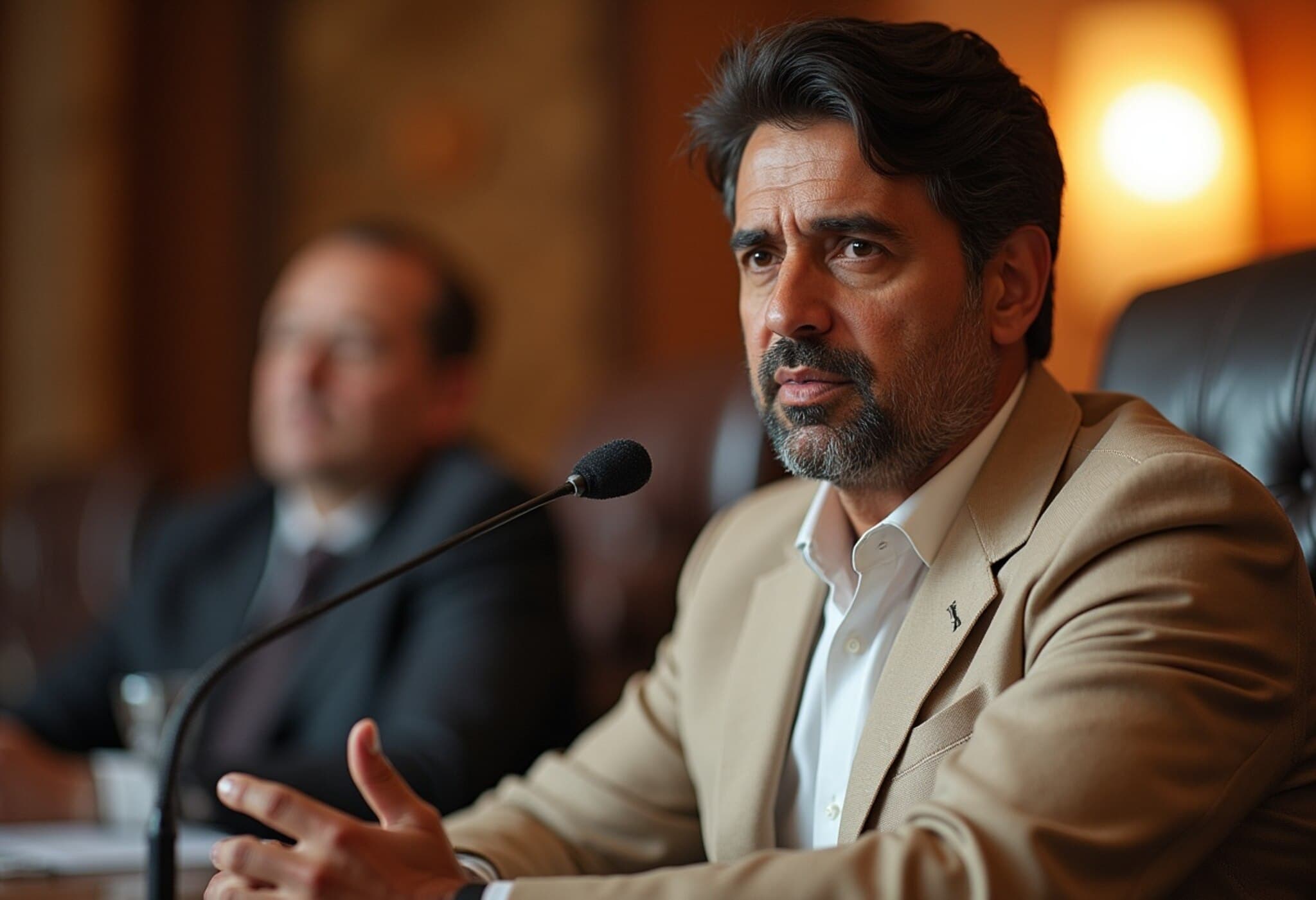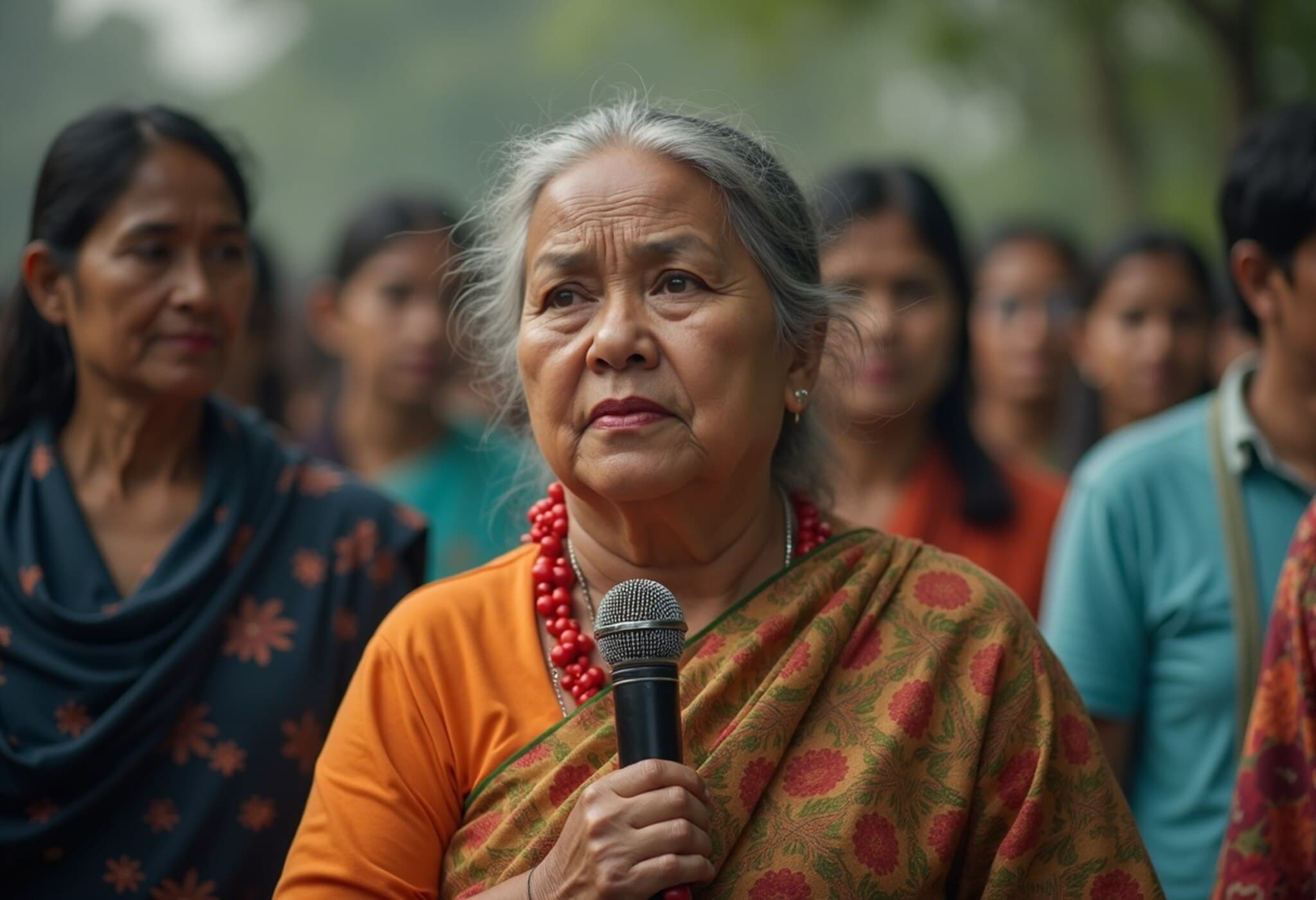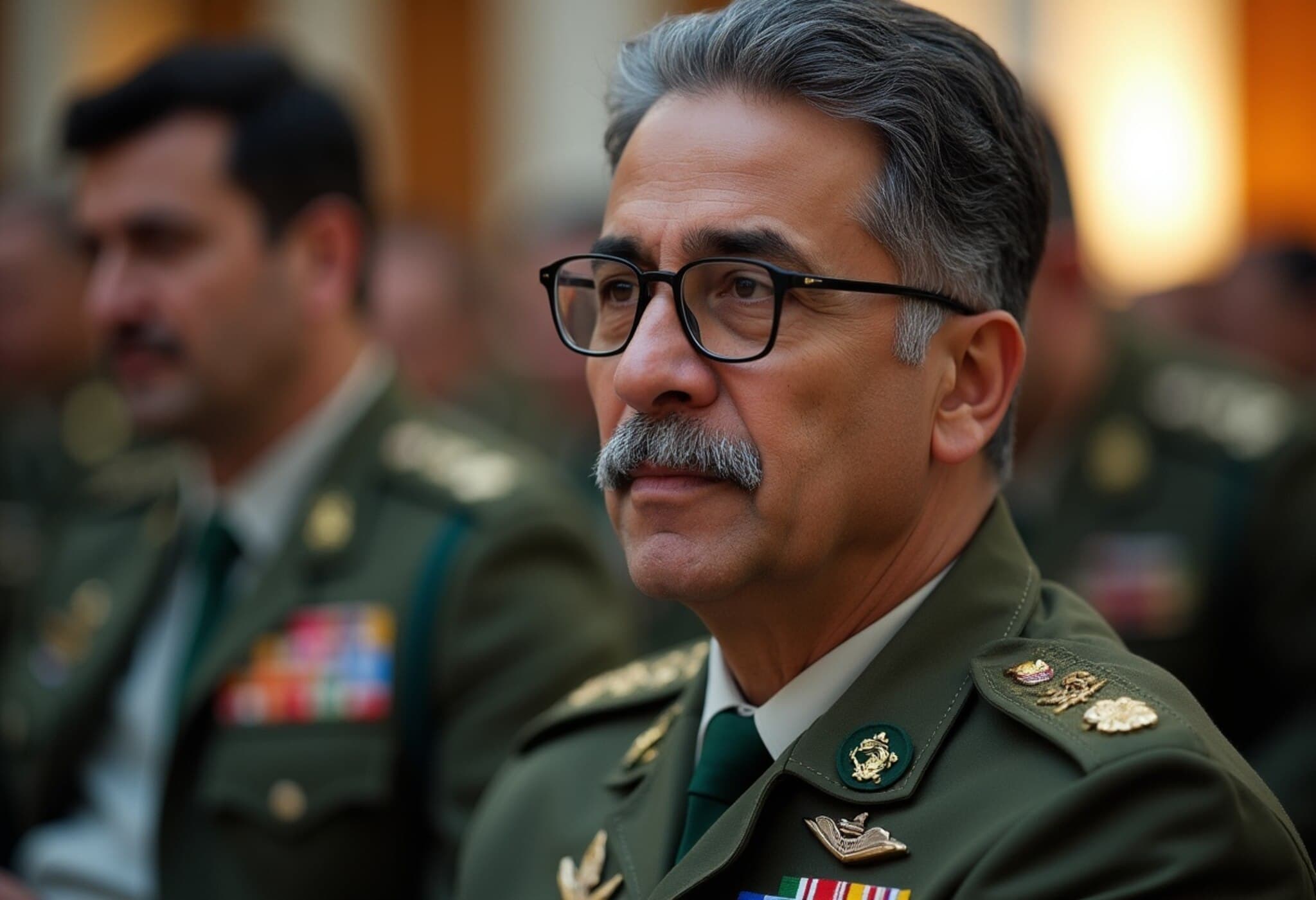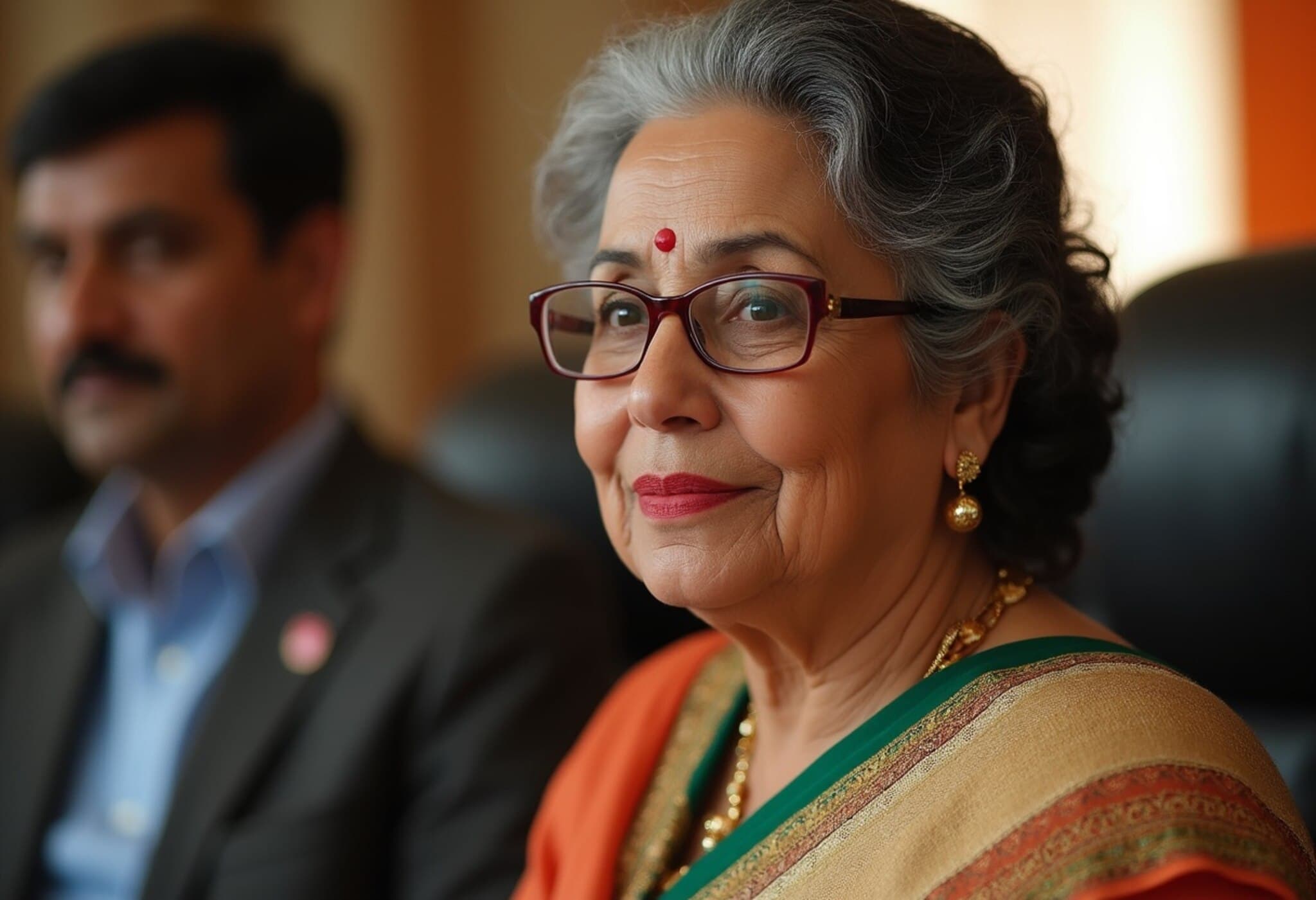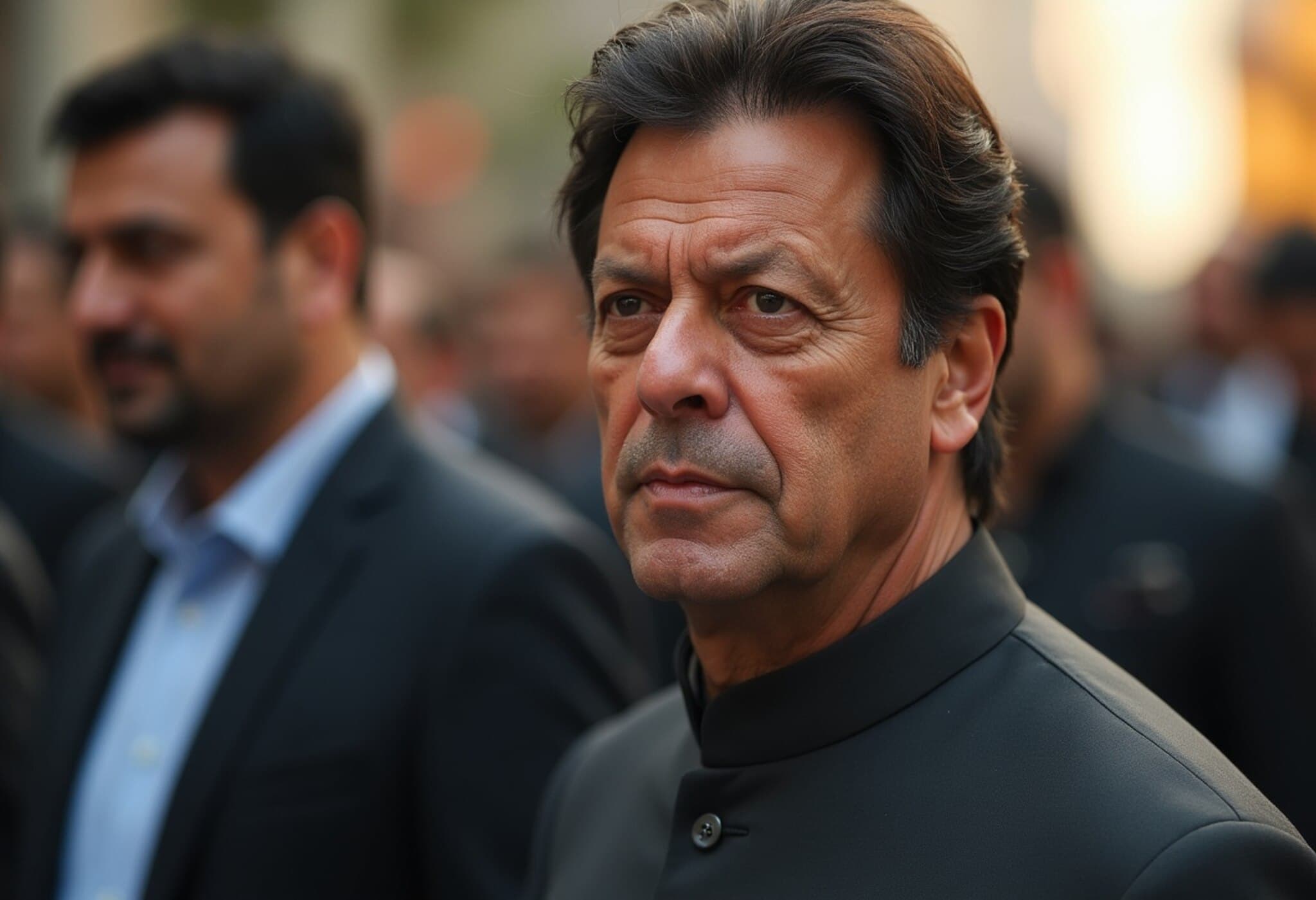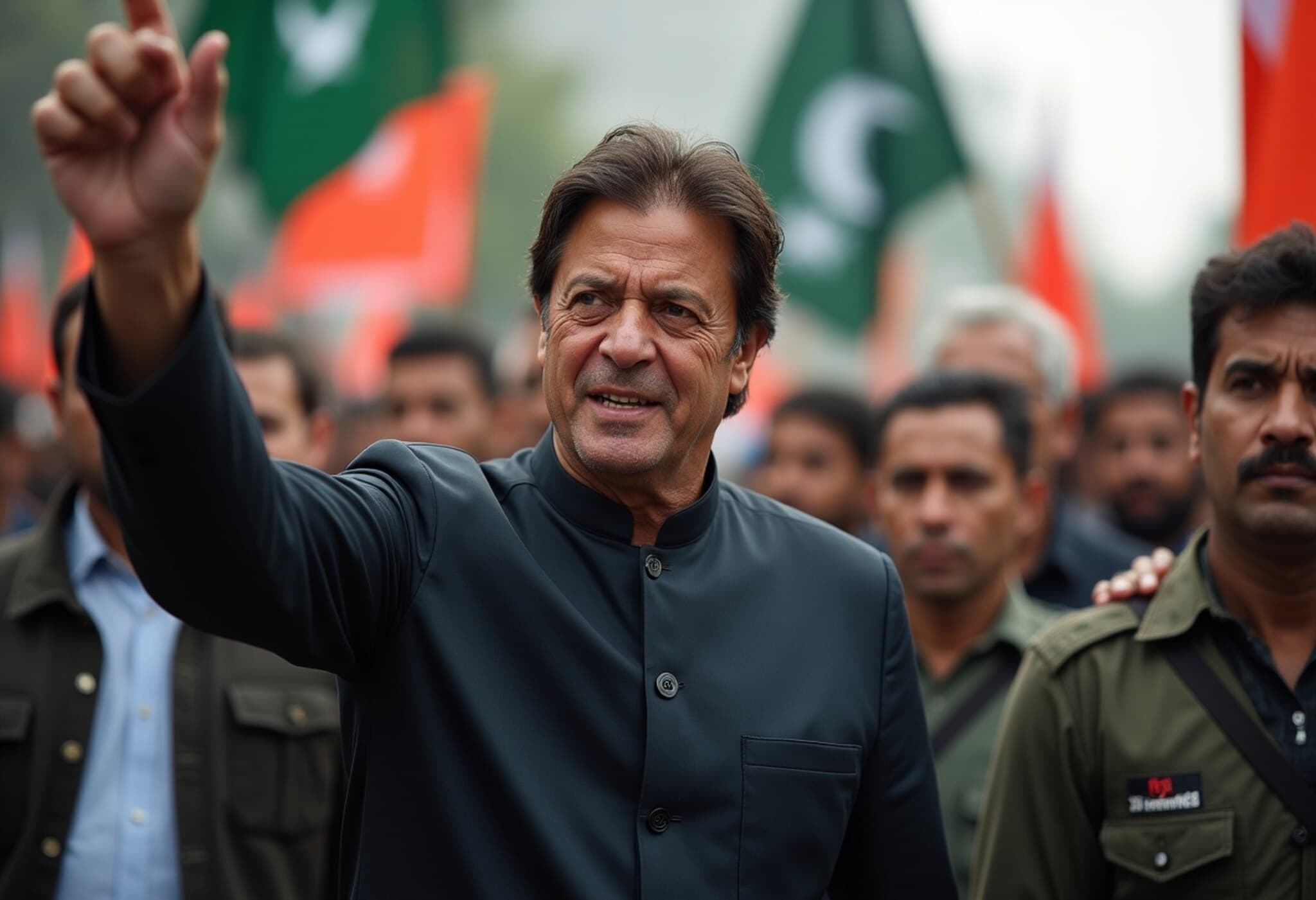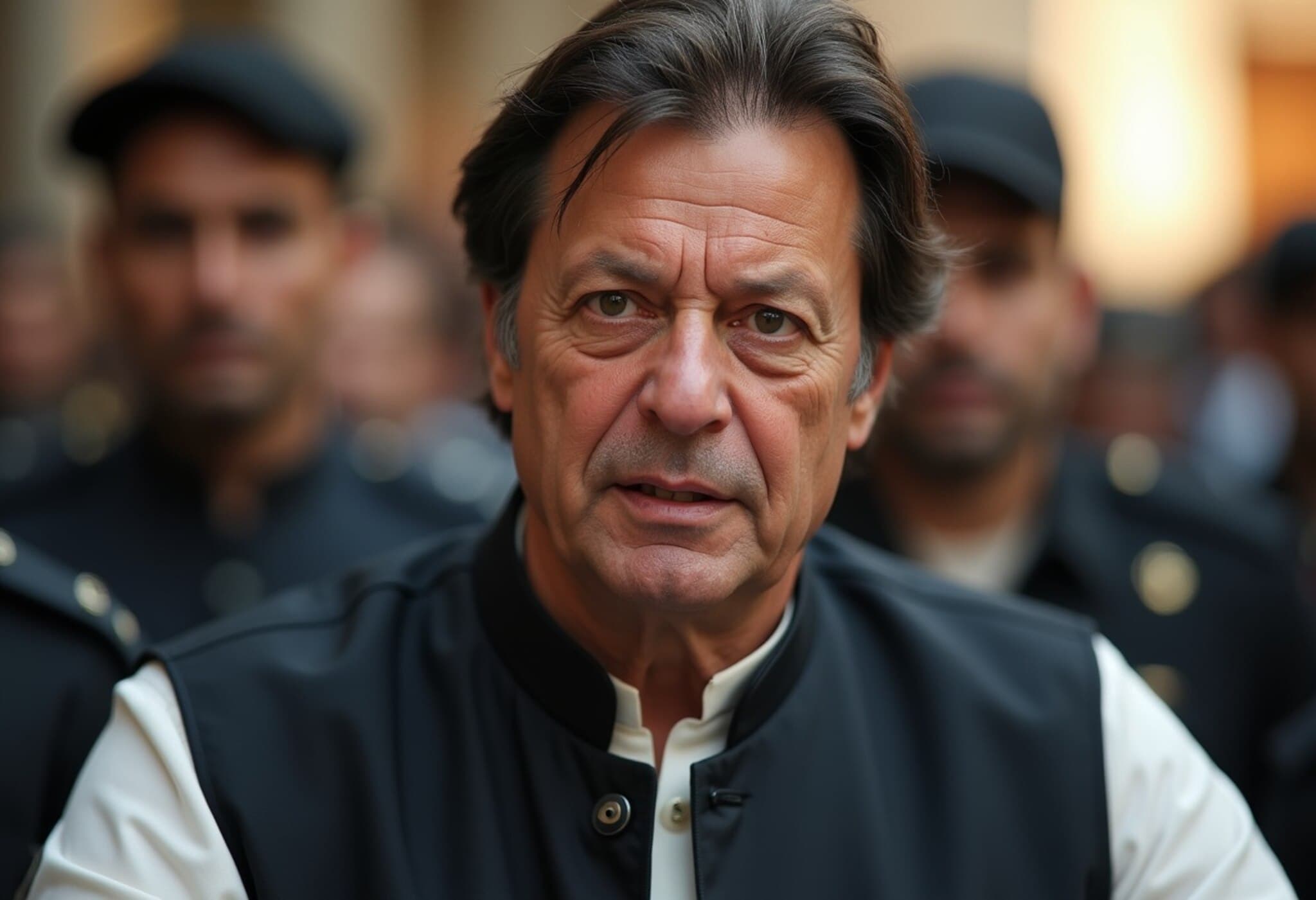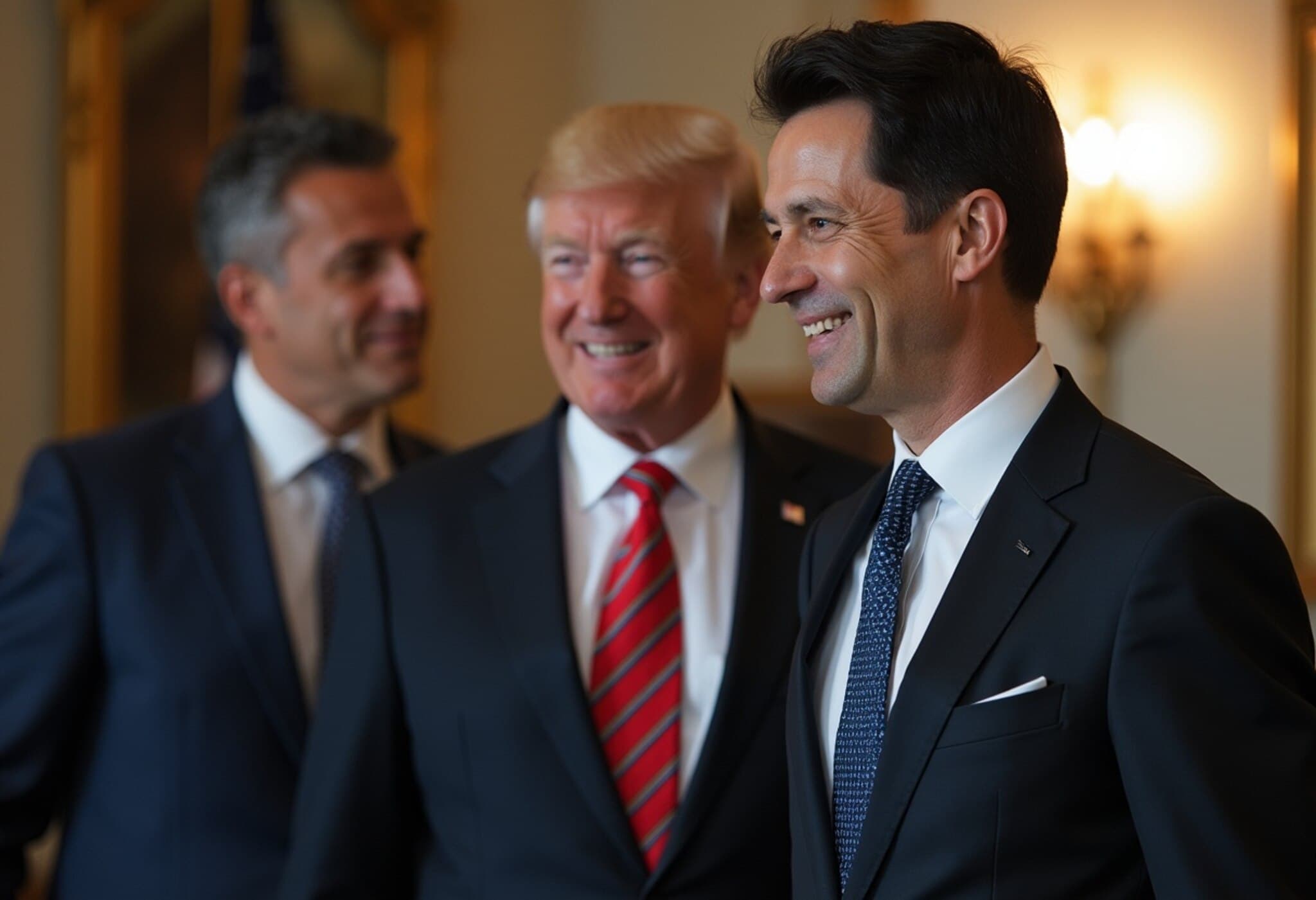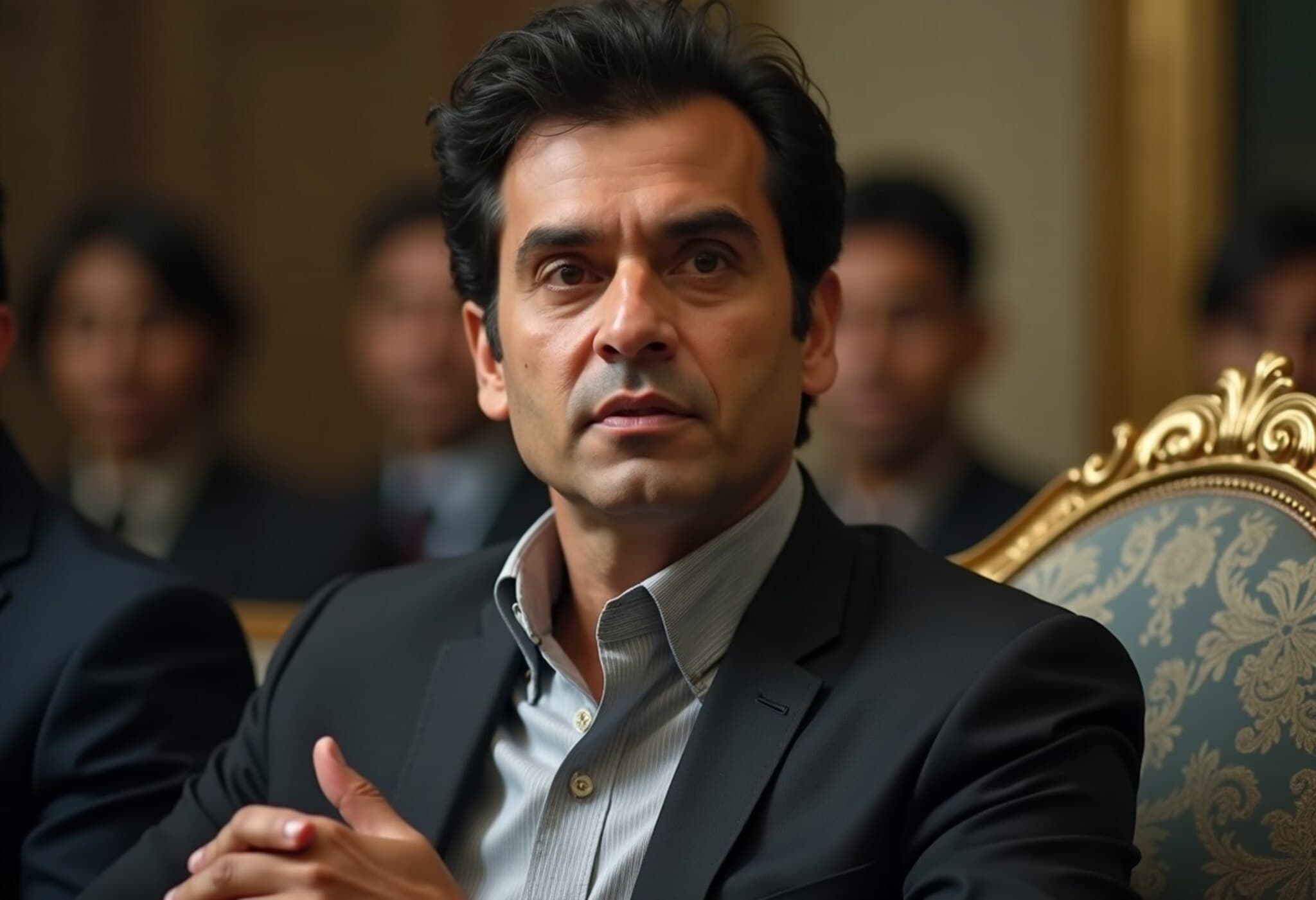Pakistan Establishes New Paramilitary Force as Political Tensions Rise
In a move stirring significant political and civil rights concerns, Pakistan’s government has announced the creation of a newly minted paramilitary force, a development that comes on the heels of threats by jailed former Prime Minister Imran Khan to launch nationwide protests. This decision has raised alarm bells among supporters of Khan’s Pakistan Tehreek-e-Insaf (PTI) party, opposition leaders, and human rights watchers alike.
From Frontier Constabulary to Federal Constabulary: A Shift in Mandate
President Asif Ali Zardari officially approved an ordinance transforming the Frontier Constabulary (FC)—traditionally a border security force focused on the tribal northwest—into the “Federal Constabulary,” a paramilitary unit with a broad jurisdiction across Pakistan. According to reports first published by Dawn, this expanded force will supplement local law enforcement agencies in maintaining order nationwide, with the government reserving the right to grant the FC full policing powers at its discretion.
This sweeping transformation is unprecedented in recent Pakistani history, effectively granting this force a potent role beyond security along the borders, extending potentially to political arenas.
Political Backlash and Concerns Over Civil Liberties
The PTI has expressed grave concerns that this new force could become an intimidating tool to suppress dissent and silence political opposition. Zulfikar Bukhari, the PTI spokesperson, warned against the weaponization of such a force, recalling prior instances when the government is said to have deployed security apparatus to stifle PTI leaders and grassroots supporters.
"There’s a real risk this force may be misused to clamp down on political freedoms," Bukhari stated in an interview with Reuters, highlighting a growing trend of authoritarian tactics under the Shehbaz Sharif-led administration.
Context: The Ongoing Political Storm
Since his removal from office in 2022 and subsequent arrest in August 2023, Imran Khan and his supporters have been locked in a bitter struggle with Pakistan’s ruling establishment and the military-intelligence complex, the latter widely believed to hold significant behind-the-scenes influence. The PTI was barred from contesting the 2024 parliamentary elections under its party banner, and numerous leaders remain imprisoned.
Notably, following violent protests in May 2023 — including an unprecedented storming of the Pakistan Army’s headquarters and residences of top military officials by Khan’s supporters — the government intensified its crackdown on PTI. This new paramilitary force now appears as an extension of that response, sparking fears that Pakistan’s democracy could be increasingly undermined by unchecked security measures.
Human Rights Community Raises Red Flags
The Human Rights Commission of Pakistan (HRCP) voiced serious alarm over the creation of this force without parliamentary debate or public consultation. Haris Khalique, HRCP Secretary, emphasized, “Such profound changes to the nation’s security framework must not bypass democratic processes, as they threaten civil liberties and foster an environment fertile for harassment and political persecution.”
This development reignites broader questions about the balance of power in Pakistan, the role of the military in civilian governance, and the protection of political rights amid rising authoritarianism across the region.
What Lies Ahead?
As PTI prepares for demonstrations marking the second anniversary of Khan’s arrest, Pakistan stands at a crossroads. The newly authorized federal paramilitary force could either become an instrument of stability or morph into a mechanism for political suppression. Observers warn that the government’s next steps will significantly influence Pakistan’s democratic trajectory, civil freedoms, and international reputation.
Given Pakistan’s strategic significance regionally and globally, particularly for U.S. and South Asian policy, the ramifications of this move extend well beyond its borders.
Editor’s Note
The creation of this federal paramilitary force underscores the precarious state of democracy and civil liberties in Pakistan today. While governments worldwide face the challenge of maintaining security, transparency, accountability, and respect for democratic norms are non-negotiable to prevent authoritarian overreach. This situation invites further scrutiny: Will Pakistan’s political institutions withstand growing centralized power? And can the rights of political dissenters like PTI supporters be safeguarded amidst these developments? Stakeholders and the international community must watch closely.

